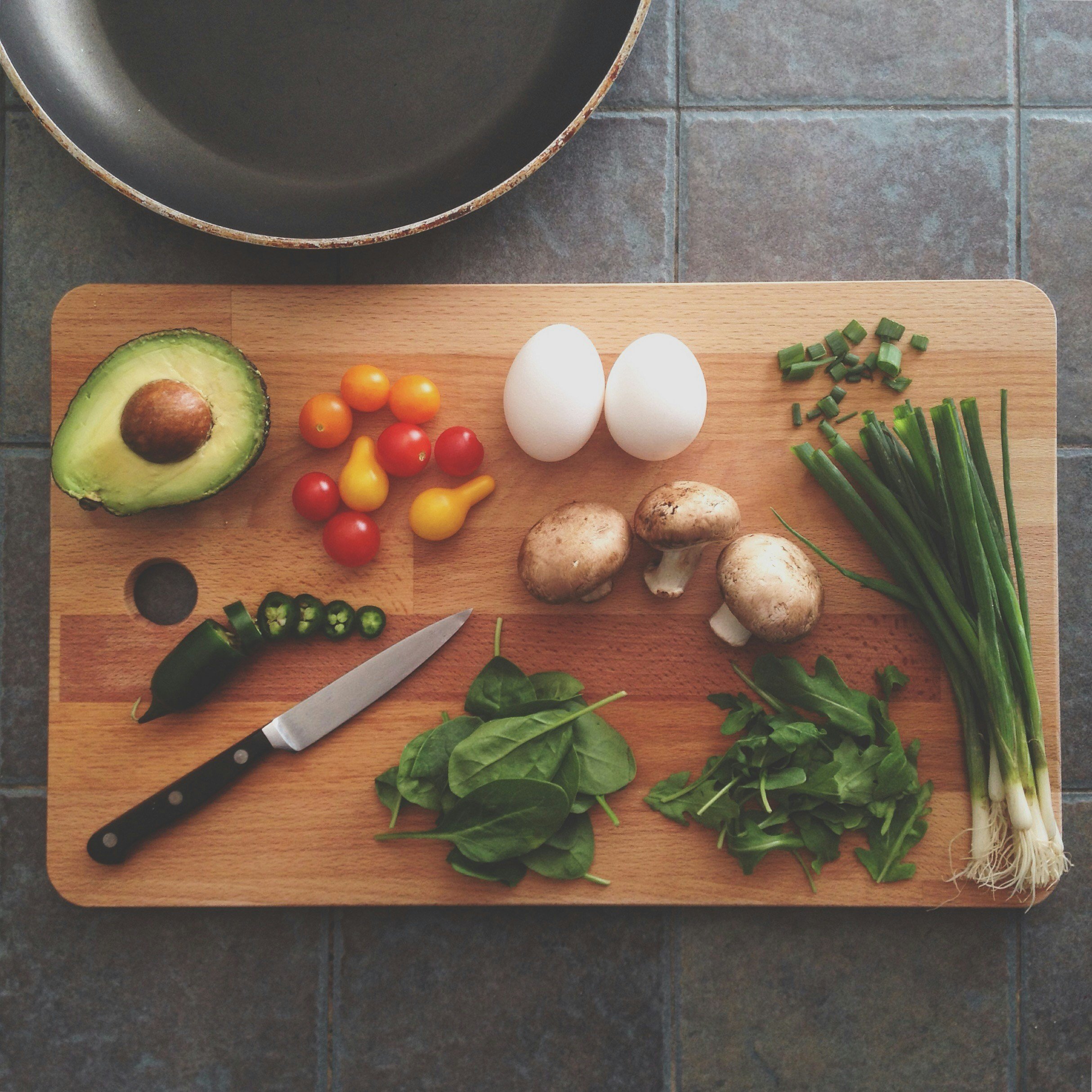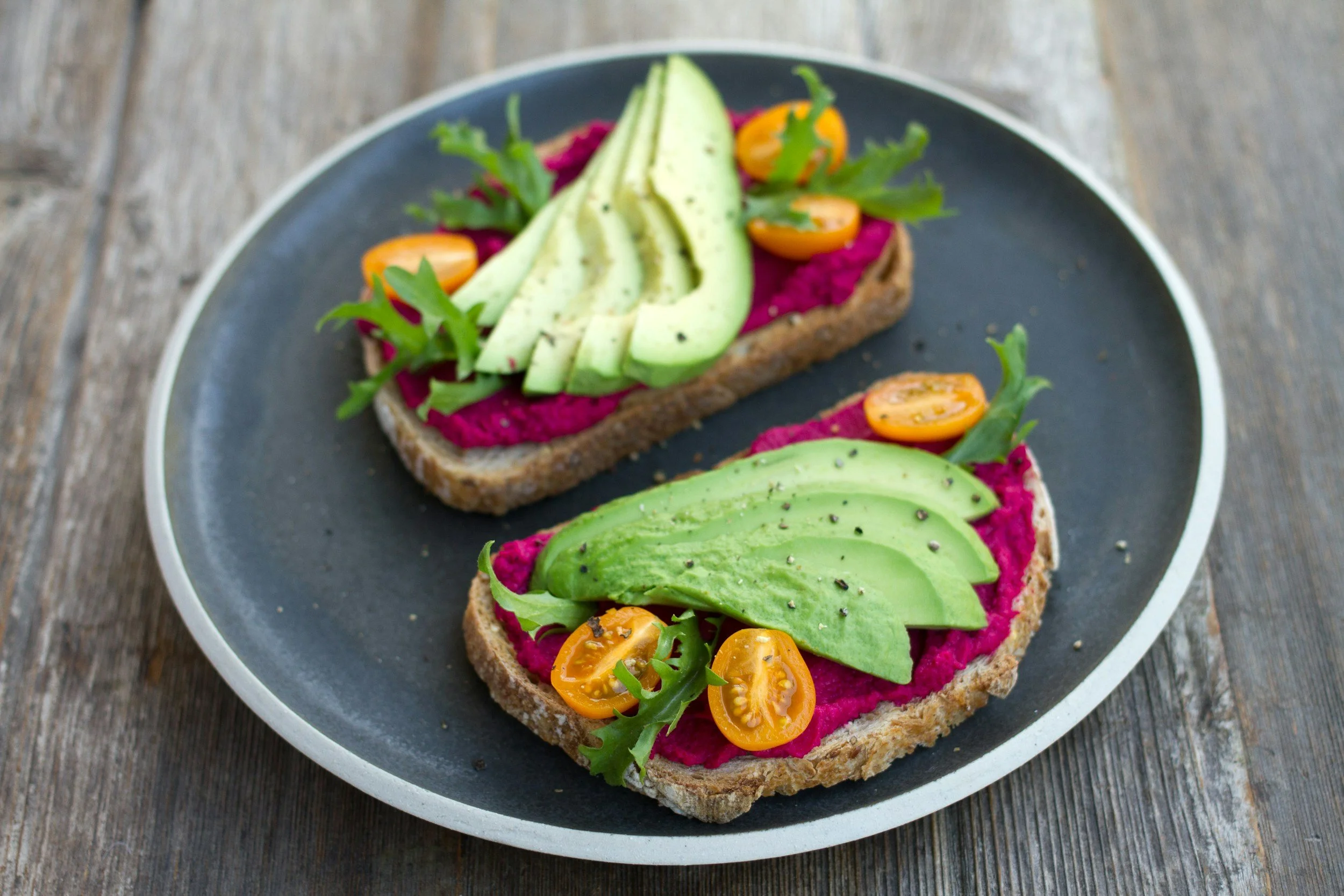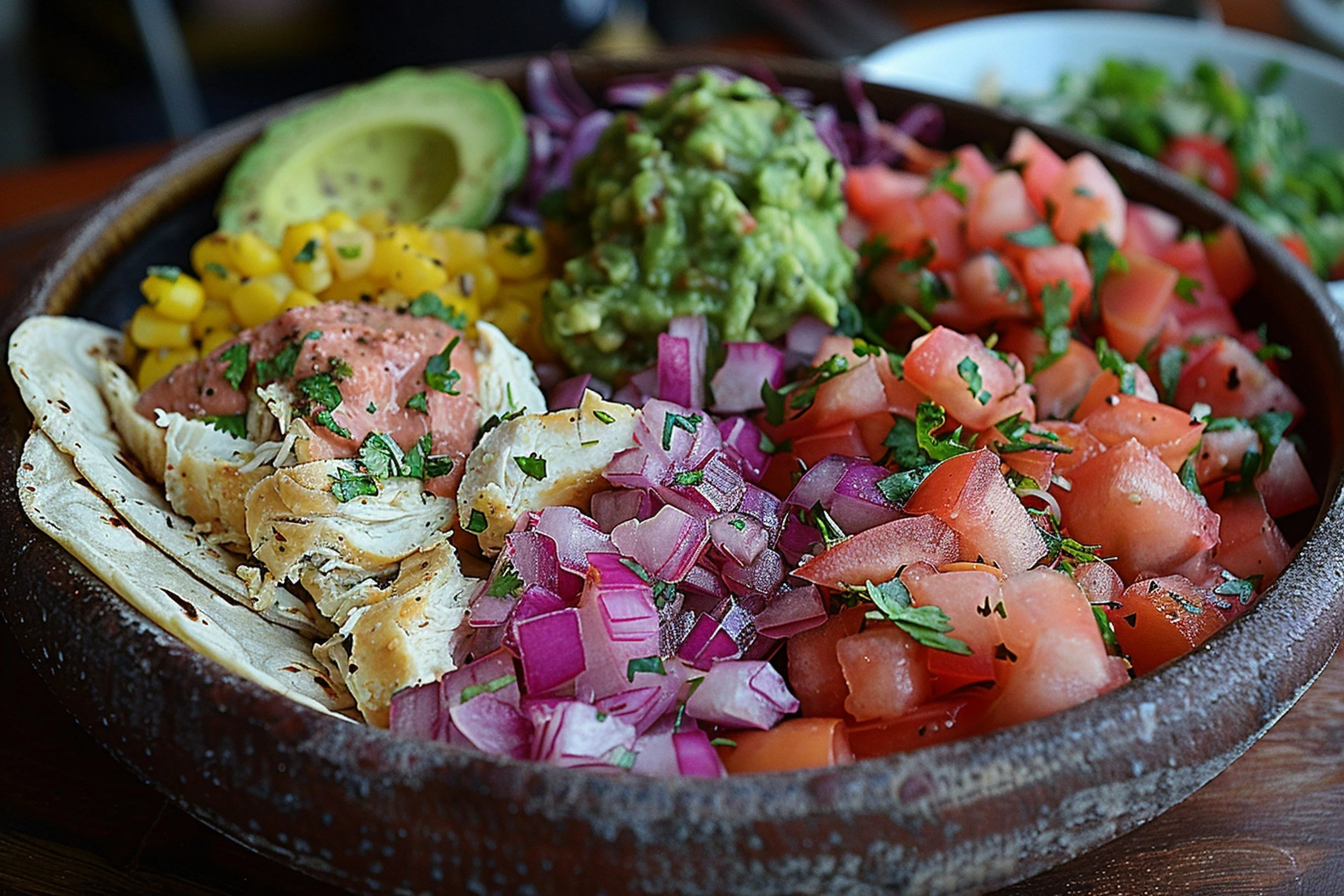The Top Foods for Boosting Collagen for Youthful Glowing Skin
As we age, our bodies go through changes that often cause us to look or feel tired, achy, less energetic. One of those changes is that, once we hit our 30s, our bodies begin to produce less collagen, and that trend continues as we age. Collagen helps our skin look fuller; when we produce less collagen, our skin loses that fullness and looks thin and/or more wrinkly. But what we eat can help! The best foods for boosting our body’s production of collagen are listed below.
Fish: Fish with healthy Omega-3 fatty acids – such as salmon – help keep our skin cells healthy. That’s because healthy skin cells contain a protective, fatty membrane that helps promote plumper skin. Whenever possible, choose wild salmon. King salmon has high fat content and a buttery texture. Coho is milder and often lighter in color.
Fruits and veggies (water-based): In addition to containing high percentages of water, watermelon, cucumbers, and celery also contain sulfur, a necessary mineral in order for our bodies to produce collagen. They also help you stay hydrated, which also adds to the suppleness of our skin.
Dark leafy greens: Dark green vegetables -- such as kale, Swiss chard, collards, and spinach -- contain vitamin C, which promotes collagen. They also contain antioxidants, which help prevent collagen from breaking down. You can make a dark, leafy green salad, add cucumbers and celery, and top it off with salmon for a collagen-boosting meal!
Berries: All of your favorite berries help fight free radicals and increase collagen production levels.
Red and orange vegetables: Yes, color does matter. Red veggies (such as tomatoes, red peppers and beets) contain lycopene, a natural antioxidant. Experts also believe that lycopene protects the skin from sun damage, so it’s like getting a two-fer: fighting free radicals and the enzymes that break down collagen, while boosting collagen levels. Don’t forget about the orange vegetables, too. Carrots, yams, sweet potatoes, butternut squash, all are high in vitamin A, a natural restorative vitamin that helps reverse damaged skin and regenerates collagen. Fall is the perfect season for roasting these veggies.
Garlic: Garlic is a well-known longevity food for many reasons. When it comes to collagen, garlic is one of the best sources of sulfur (and you may remember from an earlier bullet, our body needs sulfur to produce collagen). Garlic also contains taurine, which help builds damaged collagen fibers.
Egg whites: Egg whites actually contain collagen! They are also high in lysine and proline, which both help support your body’s collagen production.
If you don’t eat eggs: Nuts also contain lysine. The highest source is macadamia nuts, but walnuts and almonds are also good choices.
White tea: Research shows that white tea protects the structure of collagen, and stops the enzymes that break down collagen. Brew white tea as you would any other tea, and you can drink it warm or cooled. Forgo the sugar or honey, however, as sugar not only breaks down collagen, but it adds to other age-related symptoms, such as achy joints.











